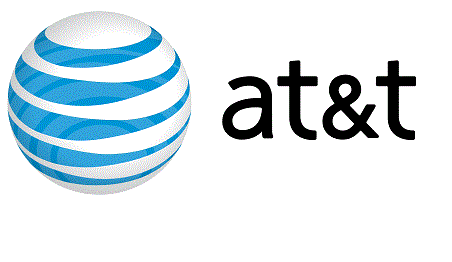AT&T Exec Blogs Case for Time Warner Merger
The smarter way to stay on top of the multichannel video marketplace. Sign up below.
You are now subscribed
Your newsletter sign-up was successful

WASHINGTON — A top executive at AT&T, senior executive VP and general counsel David McAtee, took to the Web to make a case for the telco’s $108.7 billion bid for content giant Time Warner Inc. — an appropriate venue, since access to Web content will be a key factor in the regulatory review of the deal.
In a post to AT&T’s corporate blog, McAtee argued that the transaction would be a revolution in video distribution.
The merger would build on the company's 2015 acquisition of satellite-TV provider DirecTV, McAtee argued, saying that buy combining Time Warner’s programming assets — the Warner Bros. TV and movie studio and CNN among them — with a wireless provider, the deal would transform video and the mobile Internet.
RELATED: AT&T, Time Warner Reach Deal
The deal was all about delivering content to consumers the way they want it and would "ignite innovation and help the combined company better compete with "entrenched cable companies," McAtee said.
That was the same pitch AT&T made for the DirecTV deal and the same theory behind its U-verse TV platform, though that telco TV product did not become the video competitor AT&T had hoped it would be.
But now the competition is in the online space.
The smarter way to stay on top of the multichannel video marketplace. Sign up below.
McAtee suggested the deal would be a boon to online access to content — a big issue for both the chairman Tom Wheeler-led Federal Communications Commission and for the Obama administration. “Together, these two companies will help build a new online video ecosystem that features broader distribution of Time Warner’s content, ignites innovation for all viewing platforms, and spurs greater investment in the nation’s broadband infrastructure, particularly ultra-fast 5G wireless networks that will one day compete head-to-head” with traditional offerings, he said.
He was hitting all the right notes for an FCC concerned about the issue of limiting rights to online content, an issue that came up with regards to Charter and Time Warner Inc.-owned premium service HBO in Charter’s deal to acquire Time Warner Cable. (Time Warner Cable and Time Warner Inc. were separate companies.)
RELATED: Merger Critics Take Aim at AT&T-Time Warner
“Because the video ecosystem is rapidly evolving in unforeseeable directions, it has been difficult for major content producers and distributors to negotiate contracts with the digital rights necessary to support the full range of potential innovation and experimentation and to respond quickly to today’s fast-changing marketplace,” he said. “Bargaining friction over these rights has limited the scope of video innovation and perpetuated conventional distribution models that benefit incumbent cable companies, which still dominate traditional television distribution and ultra-fast broadband services, already control substantial content, and now intend to move into mobile as well.”
The first combination of a national mobile broadband provider with a content provider as an “anchor tenant” will be a boon to video choice, McAtee said.
Deal critics are already on the record saying they fear that the combined company could discourage competing programmers or distributors, but McAtee said that, “of course,” its offerings would “include content from many other providers.”
Contributing editor John Eggerton has been an editor and/or writer on media regulation, legislation and policy for over four decades, including covering the FCC, FTC, Congress, the major media trade associations, and the federal courts. In addition to Multichannel News and Broadcasting + Cable, his work has appeared in Radio World, TV Technology, TV Fax, This Week in Consumer Electronics, Variety and the Encyclopedia Britannica.

